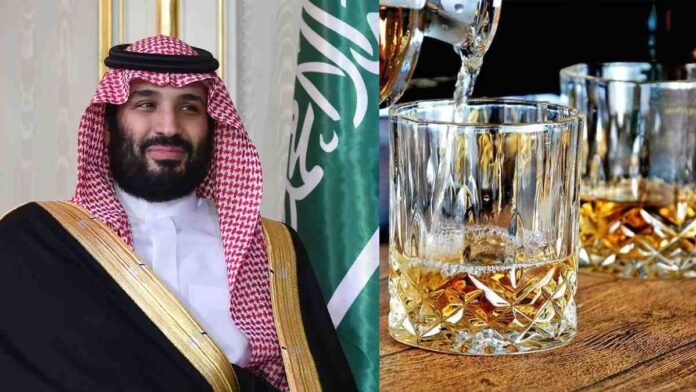In a landmark policy shift, Saudi Arabia is poised to lift its decades-long ban on alcohol in 2026, marking the first such move since 1953. This decision comes as part of the kingdom’s broader strategy to modernize and prepare for hosting major international events such as Expo 2030 and the FIFA World Cup 2034.
Officials believe that allowing limited alcohol sales could significantly enhance the country’s appeal to international tourists and help it compete with neighboring Gulf nations like the UAE and Bahrain, both of which permit alcohol in designated zones. Media reports suggest that alcoholic beverages like wine, beer, and cider will be made available at 600 licensed venues throughout the country. These venues will primarily include five-star hotels, luxury resorts, and select expatriate-friendly developments such as Neom, Sindalah Island, and the Red Sea Project.
While the move signals a significant cultural and policy evolution, there will be firm boundaries. The sale and consumption of high-proof spirits—those with alcohol content above 20 percent—will remain prohibited. The initiative is designed to be strictly regulated, ensuring that alcohol remains unavailable in homes, retail stores, and public spaces. Home production of alcoholic beverages will also stay illegal.
Furthermore, the entire operation will be managed under stringent guidelines. Only licensed establishments with trained personnel will be permitted to serve alcohol, and these sales will follow established procedures set by Saudi authorities. The rollout of this policy is seen as a calculated step in aligning Saudi Arabia’s vision for global integration with its cultural framework.



